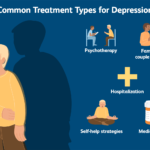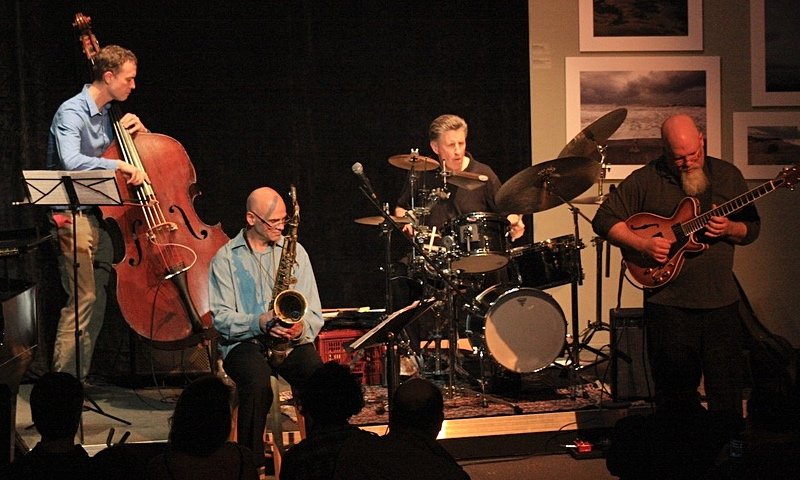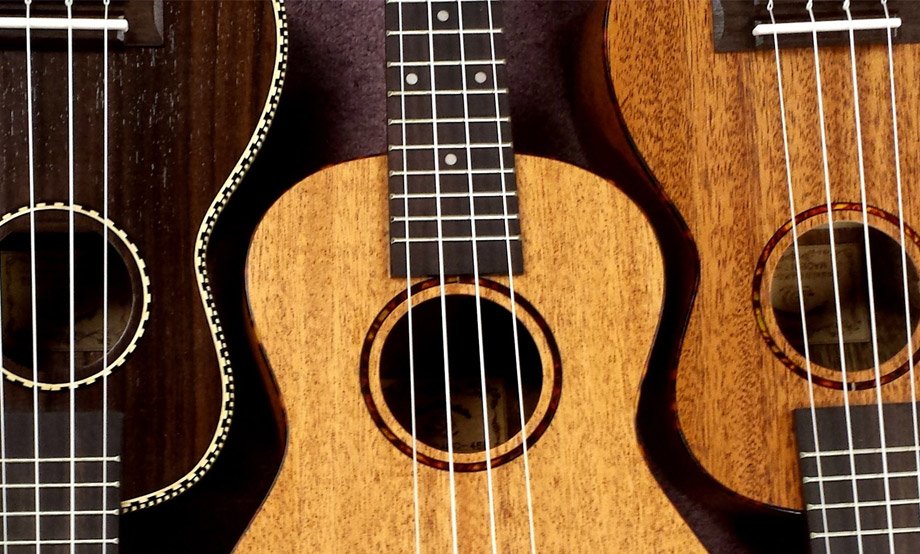Jazz clubs have been integral to the evolution of jazz music since the genre’s inception in the early 20th century. Originating in New Orleans, jazz quickly spread across the United States, with clubs serving as the heart of this vibrant culture. These venues not only provide a space for musicians to perform but also foster an atmosphere where audiences can immerse themselves in the art of improvisation. Jazz clubs are often characterized by their intimate settings, where the energy of the music can be felt up close, creating a unique connection between performers and listeners. As jazz continues to evolve, these clubs remain essential, showcasing both established artists and emerging talent. They are more than just places to listen to music; they are cultural hubs that celebrate creativity, community, and the rich history of jazz.
What to Expect at a Jazz Club
When you step into a jazz club, you can expect a lively atmosphere filled with the sounds of improvisational music. Most clubs feature a small stage where musicians perform, allowing for an intimate experience. The layout typically includes cozy tables and chairs, often dimly lit to create a warm ambiance. Many clubs have a bar where patrons can enjoy drinks while soaking in the music. The vibe is usually relaxed, inviting both seasoned jazz fans and newcomers to enjoy the performances. As the night unfolds, the energy in the room often builds, especially during solo performances where musicians showcase their skills. This unique blend of live music, good company, and a vibrant setting makes jazz clubs a must-visit for anyone looking to experience the heart of jazz culture.
Types of Jazz Music Played
Jazz is a diverse genre, encompassing various styles that reflect its rich history. At jazz clubs, you might hear anything from traditional New Orleans jazz to contemporary styles like smooth jazz and jazz fusion. Each type offers a different listening experience. For instance, bebop, characterized by fast tempos and complex chord progressions, can create an exhilarating atmosphere. Swing, on the other hand, encourages dancing with its rhythmic grooves. Clubs often feature both renowned artists and local musicians, showcasing their unique takes on these styles. Famous jazz musicians like Louis Armstrong, Miles Davis, and Ella Fitzgerald have graced the stages of many jazz clubs, leaving lasting impressions on audiences. By attending performances at these venues, you can gain a deeper appreciation for the genre and its various expressions.
The Role of Jazz Clubs in the Community
Jazz clubs play a crucial role in their communities by supporting local artists and fostering a vibrant cultural scene. They often provide a platform for emerging musicians to showcase their talent, helping them gain exposure and build their careers. These venues not only entertain but also serve as gathering spots where people can connect over a shared love for music. Many clubs host special events, such as open mic nights and jazz festivals, further engaging the community. By nurturing local talent, jazz clubs contribute to the preservation of the genre and encourage collaboration among artists. This sense of community extends beyond the music itself, as clubs become spaces where friendships are formed and memories are made, reinforcing the cultural significance of jazz in society.
How to Choose the Right Jazz Club
Choosing the right jazz club can enhance your experience, especially if you’re new to the scene. Consider factors like location, atmosphere, and the type of music you enjoy. Some clubs focus on traditional jazz, while others might emphasize modern interpretations or experimental styles. Researching the venue ahead of time can help you find a club that aligns with your musical preferences. Additionally, think about the crowd; some venues attract more tourists, while others are frequented by locals, creating a different vibe. If you’re unsure where to start, ask friends or check online reviews. Many cities have a thriving jazz scene with a variety of clubs to explore, making it easy to find one that suits your tastes and enhances your enjoyment of live music.
Tips for Enjoying Your Visit
To make the most of your visit to a jazz club near me, plan your outing with a few tips in mind. First, consider going during peak hours when live performances are in full swing. Arriving early can help you secure a good seat, as many clubs have limited space. Bringing friends along can enhance the experience, as sharing the joy of live music is always more fun. It’s also essential to be respectful of the musicians and fellow audience members; this includes keeping conversations to a minimum during performances. Lastly, don’t hesitate to explore the menu; many clubs offer delicious food and drinks that can complement your experience. With an open mind and a spirit of adventure, you’re sure to have a memorable night at a jazz club.
The Future of Jazz Clubs
The future of jazz clubs is an exciting topic as the music industry continues to evolve. With advancements in technology and social media, clubs are finding new ways to reach audiences. Live streaming performances can bring jazz to fans who can’t attend in person, expanding the audience base. Additionally, many clubs are embracing innovative programming, such as collaborative performances with artists from different genres. This fusion not only keeps the music fresh but also attracts a diverse crowd. However, challenges like the pandemic have pushed many clubs to adapt or even close their doors. The resilience of the jazz community, along with the ongoing support for local venues, will play a vital role in shaping the future of these cultural hotspots. As jazz continues to innovate, jazz clubs will remain essential to its legacy, providing a stage for creativity and connection.
Conclusion
In summary, jazz clubs are vibrant spaces that celebrate the rich history and evolution of jazz music. They offer an intimate atmosphere where audiences can connect with musicians and experience the magic of live performances. By supporting local artists and fostering a sense of community, jazz clubs play a crucial role in the cultural landscape. Whether you’re a lifelong fan or a curious newcomer, exploring these venues can lead to unforgettable experiences. So, grab some friends, find a nearby jazz club, and immerse yourself in the rhythmic world of jazz. You might just discover a new favorite genre and a love for the lively atmosphere that only jazz clubs can provide.











